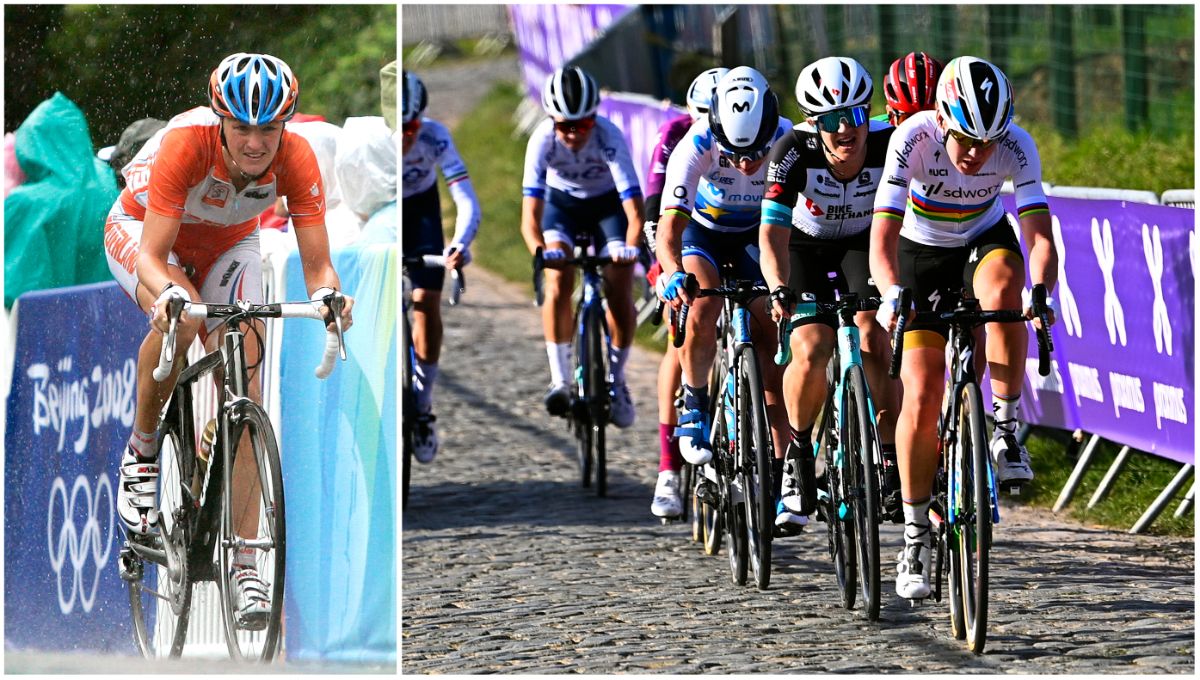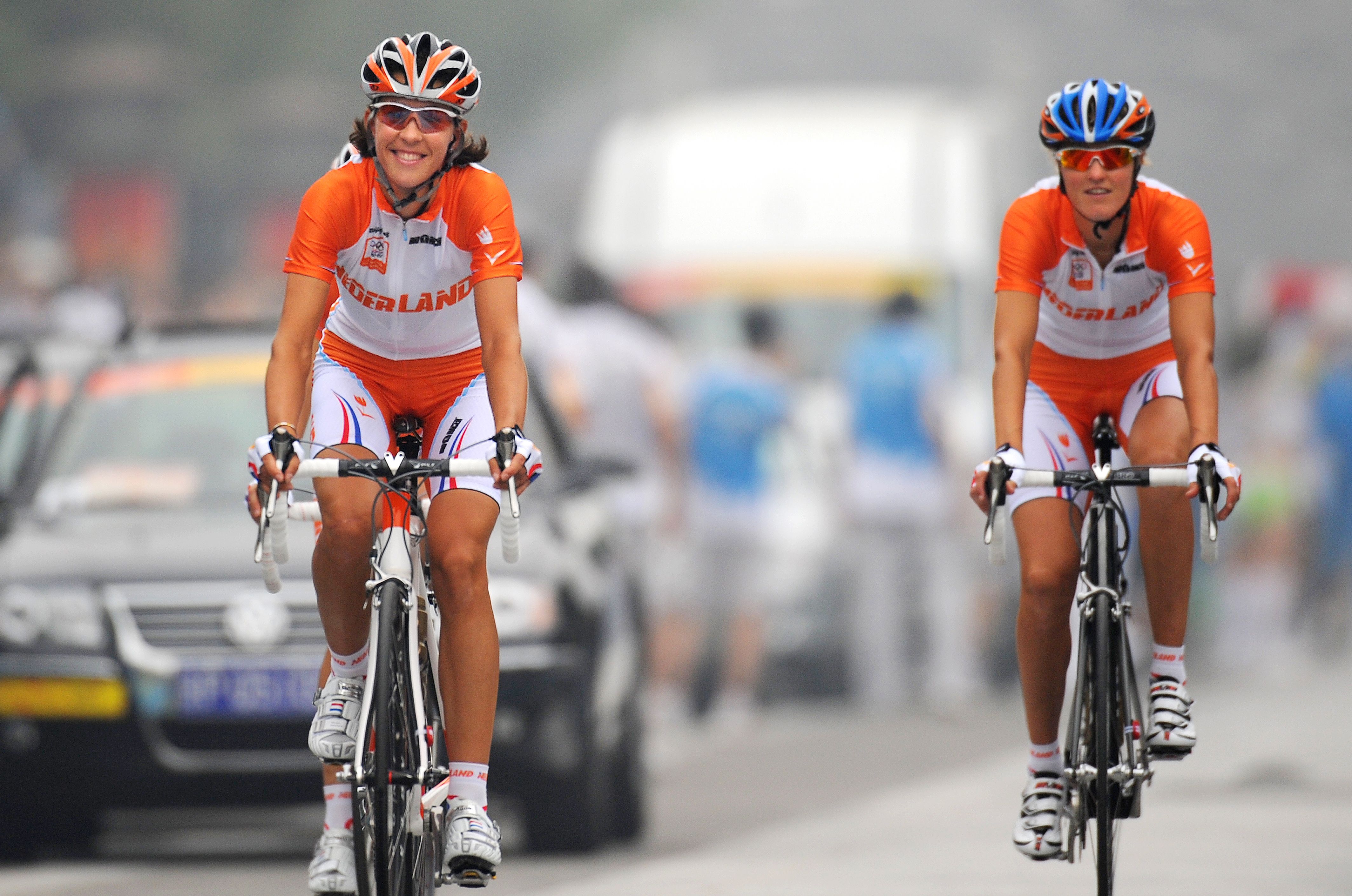Just 15 minutes before the Euro 2022 Final between England and Germany kicked off at a sold-out Wembley, another historic moment in women’s sport was taking place across the Channel. Dutch cyclist Annemiek van Vleuten was crossing a finish line atop Super Planche des Belles Filles in France, winning the inaugural Tour de France Femmes avec Zwift. The 39-year-old Van Vleuten showed remarkable determination to dominate the mountain stages of the eight-day race, overcoming a stomach bug and mechanical issues with her bike.She ended up three minutes 48 seconds ahead of compatriot Demi Vollering in general classification, with only six riders finishing within 10 minutes of her overall winning time.Although it was branded as the “first ever†Tour de France Femmes avec Zwift, there have been previous iterations of the race over the years.An equivalent race for women was held under different names between 1984 and 2009, but was hindered by financial difficulties, a lack of media coverage and trademark issues.This year, the event was officially held by the men’s Tour de France organisers – the Amaury Sport Organisation – for the first time.Â
It was a notable departure from the previous versions of the races, with a title sponsor in virtual cycling platform Zwift, the start line in the foreground of the Eiffel Tower, and a horde of journalists and TV cameras.
But there was a link back to the past – a number of former professional cyclists, who had competed in the old iterations of the Tour de France Femmes, were working as race ambassadors for ASO.
Their role was to follow the peloton in cars packed with VIPs and media, providing insight into the race and their past lives as female cyclists.
One such ambassador was Chantal Beltman, who had a successful cycling career spanning 12 years.Â
“My favourite races would be one day races like the World Cup races, the World Championships,†the Dutchwoman told GiveMeSport Women.
“I was also really successful in that – I finished second in the World Championships in France in 2000. And I participated in two Olympics [Sydney 2000 and Beijing 2008]. I look back on a great career!â€
Beltman competed in five editions of the Tour de France Femmes. Back then it was a gruelling 14-day race, with the cyclists ferried from one stage to the next in less than luxurious conditions.
“It’s very different if you compare it to today, it’s nice to see how women's cycling is growing,†she said. “Really professional. It’s really cool to see – they deserve it.â€
This year’s Tour de France Femmes was indeed a great success, drawing crowds out onto the roads of France and attracting millions of TV viewers.
But Beltman claimed she did not feel jealousy towards today’s generation of female cyclists.
“I liked it as it was,†she said. “I had a really nice time, had fun, and I did it for myself. It’s nice with all the extra publicity, and it’s great for women’s cycling, but no, I'm happy with riding in my time.â€
With the ASO in need of more former professionals as their involvement in women’s cycling grows, Beltman jumped at the chance to get involved with the Tour de France Femmes avec Zwift.Â
“It’s really nice to see the women from cycling nowadays,†she enthused. “It's still nice to be part of it and to see how it's going now.â€
Indeed, the presence of Beltman at the Tour de France Femmes serves as a reminder of how far women’s cycling has come.Â
While there is still much work to do – ensuring all female cyclists are getting paid, securing equal media coverage with men’s races, attracting more sponsors – the Tour de France Femmes was certainly a groundbreaking occasion for women’s sport.Â





















